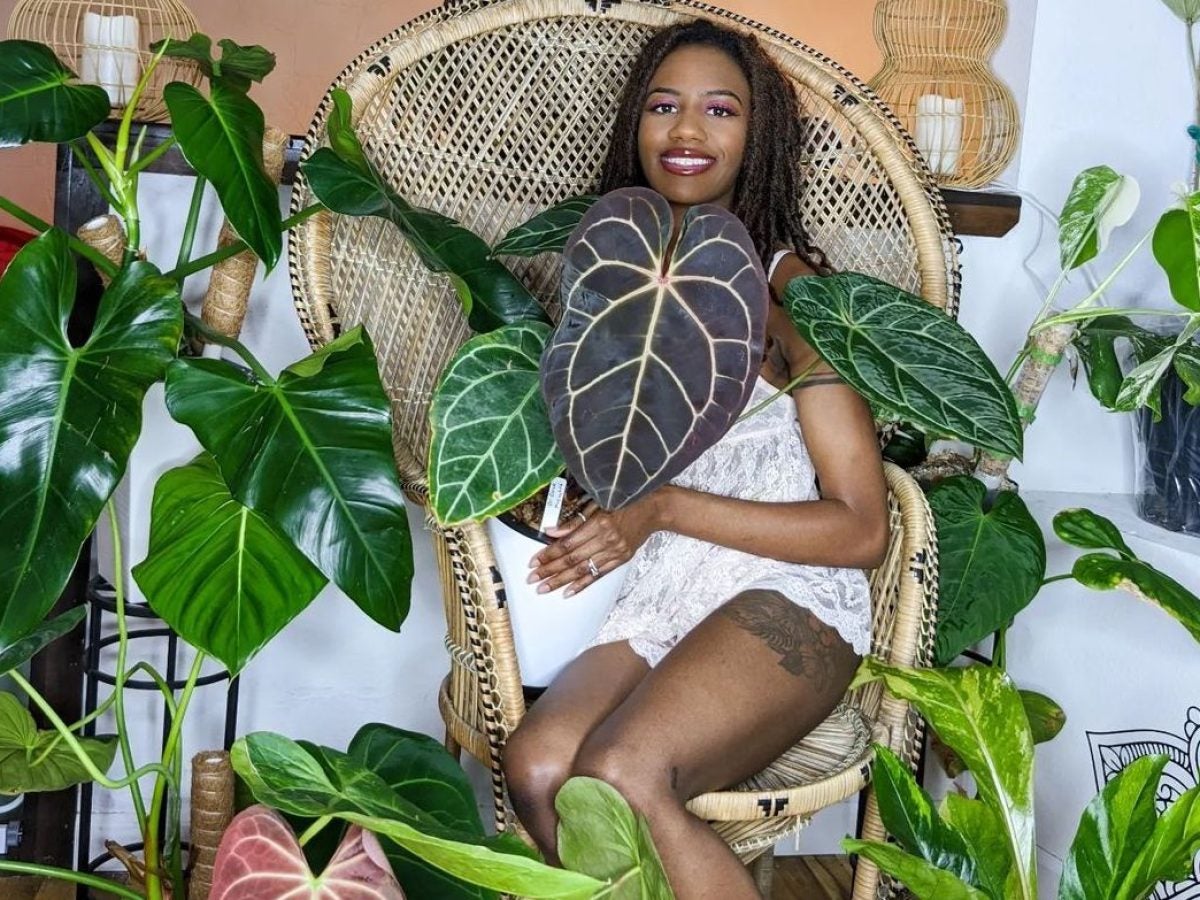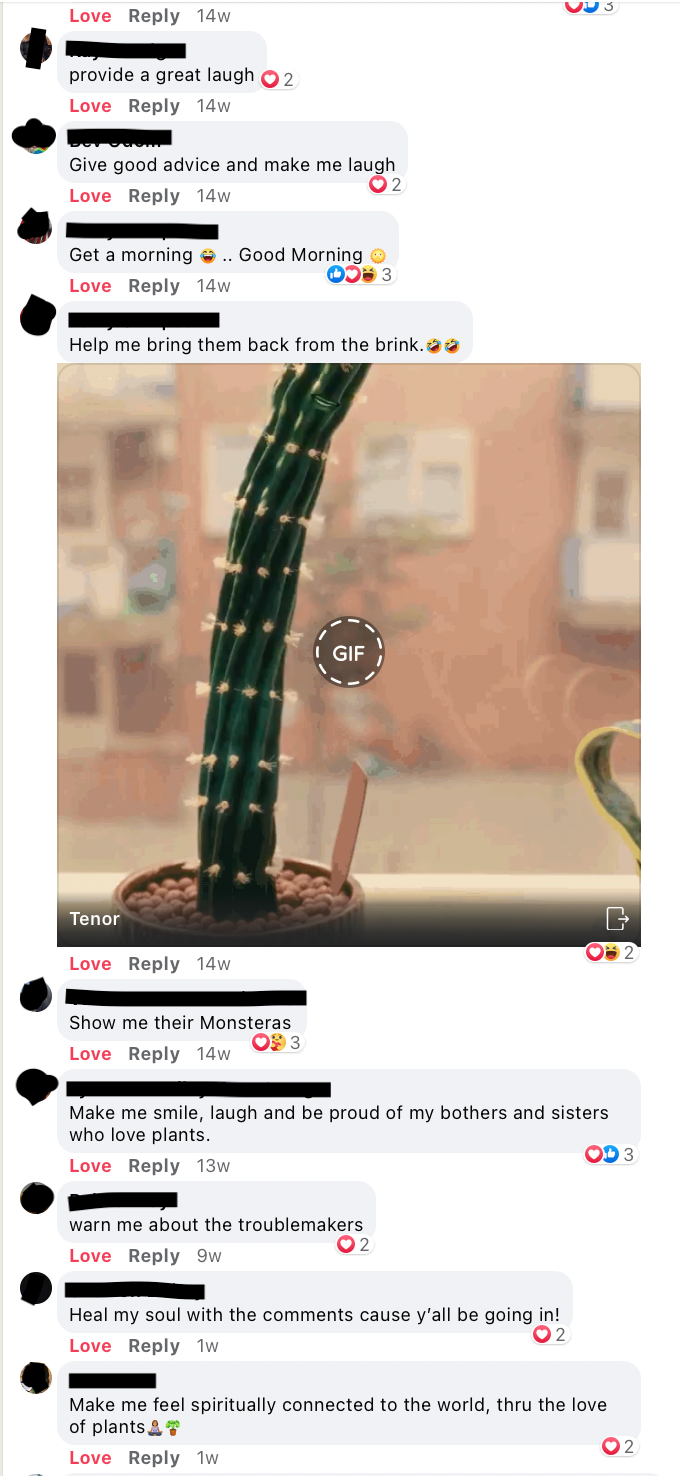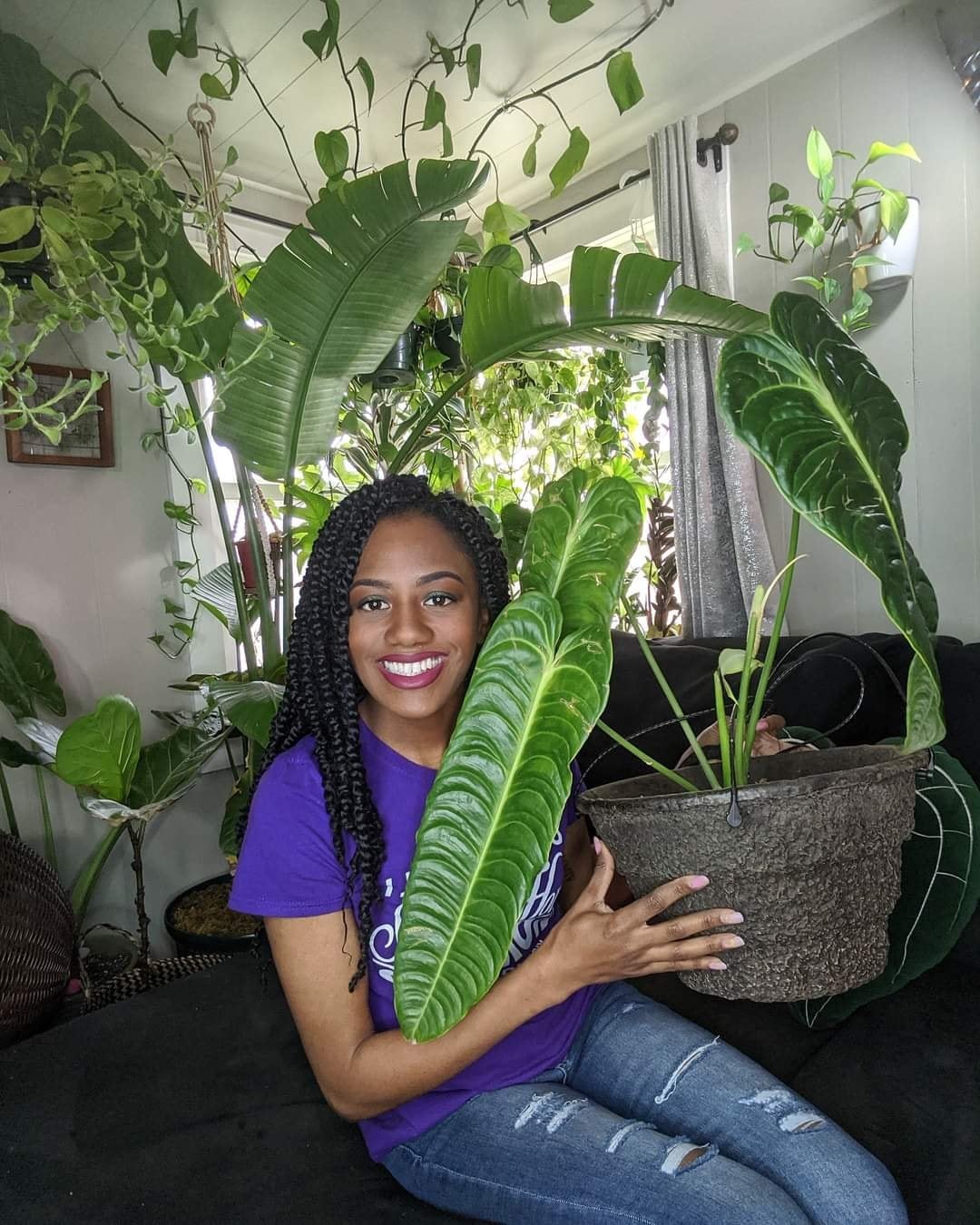
In 2017, the emergence of the millennial ‘plant parents’ movement took social media by storm, in which the then early twenty-somethings proudly displayed their green babies they’d cultivated. It made sense. The generation’s formative years have notoriously been punctuated with economic and emotional turmoil (9/11, The Great Recession, Hurricane Katrina) often leading to a sense of helplessness. For years, adult millennials viewed kids, marriage, homeownership and other societal touchstones as unattainable. Plants offered them a sense of control and freedom that their lives didn’t offer— they literally (and biologically) boost moods.
A study by the University College London and Bristol University found that naturally occurring soil bacteria has a proven antidepressant effect.
Ashley Nussman-Berry recognized this well before the digital masses took notice.
Growing up, the Oakland, CA native would often watch her great grand-mother, grandparents and parents spend time cultivating their outdoor gardens all year round. The healing powers of the practice were palpable.
“My mom glowed when she brought home a new plant,” Nussman-Berry told ESSENCE. “She loves orchids so she would take me to her little weekly orchid meetings in San Francisco, and take them home,” she remembers fondly.
Now as an adult, she’s surrounded by her own plants and truly finds solace in nurturing the leafy wonders. She attributes their presence to helping her get through the toughest parts of the quarantine, particularly the social justice uprising of June 2020.
“I kept seeing people in pain online, and expressing their deep frustration through their posts, so I wanted to do something to help.” She also noticed that Black people largely felt left out of the plant community. That same year she decided to create the Black Planters Facebook group as a space for Black people to connect and safely discuss topics about race while sharing their passion for gardening.
Beyond anything else, she also wanted them to heal.
“I know what plant care and gardening has done for me and I knew it could do the same for others,” she said.
Since its launch, less than three years later it has grown to a following of more than 42K and despite the impressive number, the members have developed an intimate connection. The Group has even helped members open their own nursery businesses and make romantic connections all from their shared love of plants.

“I’m not surprised about the genuine connections that have been made but the amount of support I’ve received was shocking.”
She’s referring to the opportunity to extend Facebook (yes, thee Facebook) to be a part of the company’s accelerator program that aims to provide targeted resources to business owners and community leaders.

“When Facebook reached out to me about joining the accelerator program, it was funny because I didn’t remember signing up for anything, but they saw me anyway,” she told ESSENCE. “I’ve had a lot of imposter syndrome doing all this, but it’s been fun and Facebook has definitely helped us and helped me feel better about the group and where we’re going and where we want to go.”
Her goal is to keep using the Black Planters Facebook Group to inspire a new generation of young Black gardeners to reclaim gardening/planting as a hobby and passion vs an activity of labor.
“There’s so much healing that can come from loving something that clearly loves you right back. I’m glad I can be a part of that.”